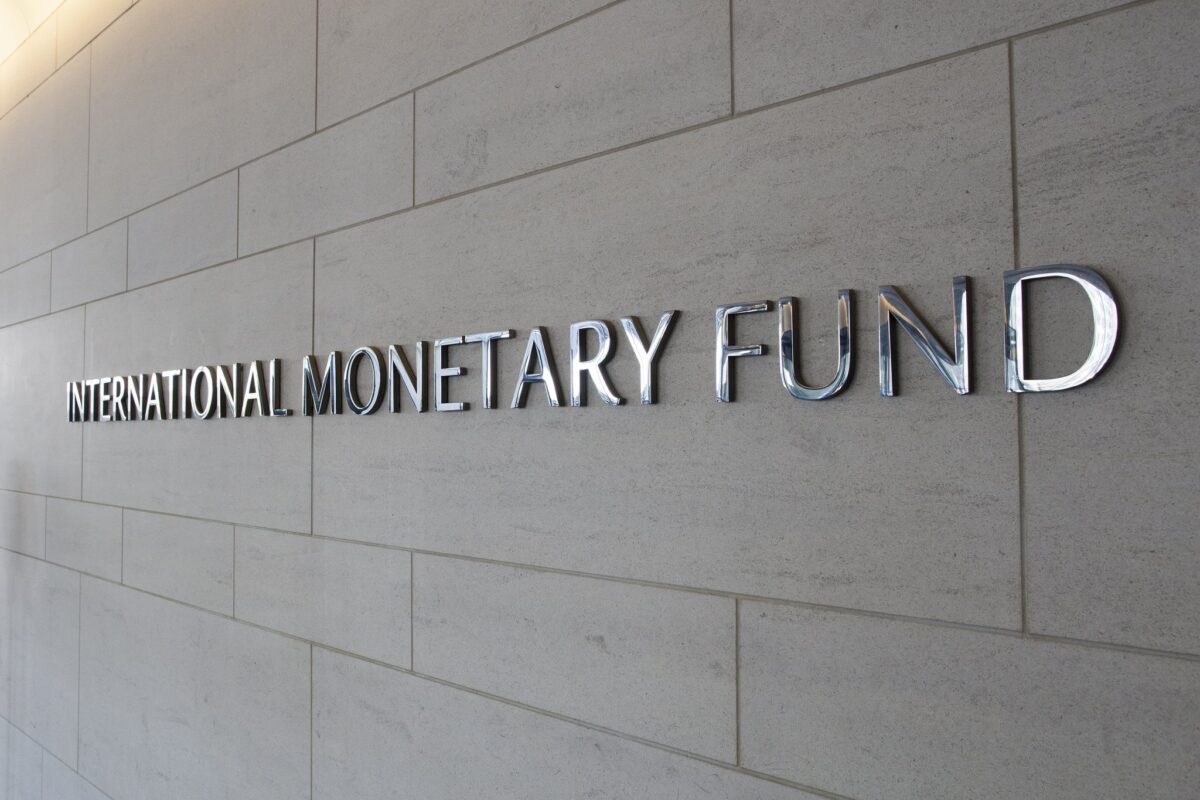
Liechtenstein Financial Market Authority rates systemic risks as limited
The Liechtenstein Financial Market Authority (FMA) has concluded that Liechtenstein’s financial sector is sound and stable.
The Liechtenstein Financial Market Authority (FMA) has concluded that Liechtenstein’s financial sector is sound and stable. Systemic risks are assessed to be limited. Given increased global risks and vulnerabilities, the FMA recommends the uptake of measures by financial institutions and government.
The FMA assesses the systemic risks in Liechtenstein’s financial sector as limited. On the whole, the banking sector has “remained sound and stable”, as the FMA writes in its Financial Stability Report 2022. The global outlook has worsened substantially for the real economy and financial markets, while financial stability risks have increased year on year.
In their report, FMA analysts prepared a detailed risk assessment for the financial sector and the economy. The analysts do not expect debt servicing capacity to deteriorate in the event of a global recession. However, given the increased risks in the real estate sector, there is a danger the debt servicing capacity of private households might be impaired. Conclusions are also drawn about the risks for the financial sector associated with climate change and digitalization.
The FMA listed a series of recommendations for players in the financial sector and authorities to deal with the identified risks. These serve as preparation for the occurrence of negative extreme scenarios. Banks are offered measures to strengthen structural efficiency and sustainable lending standards. Insurance companies should aim at “maintaining a reasonable level of profitability and solvency”, while pension schemes should secure sustainable coverage ratios. The government should proceed with accession negotiations with the International Monetary Fund.





